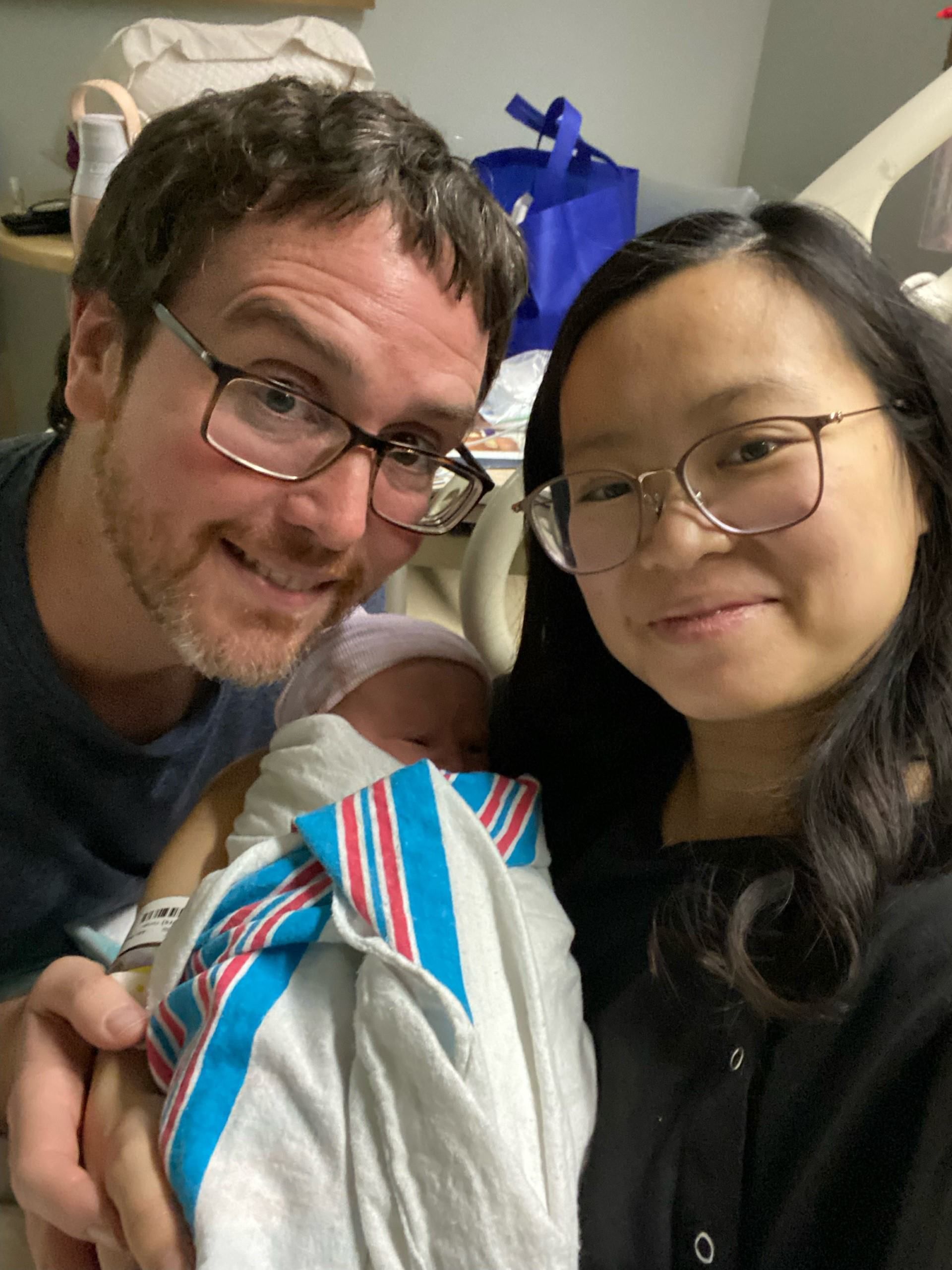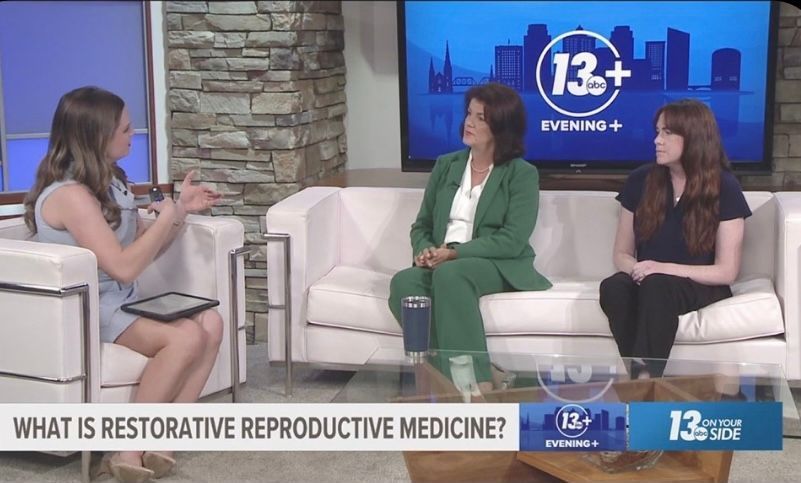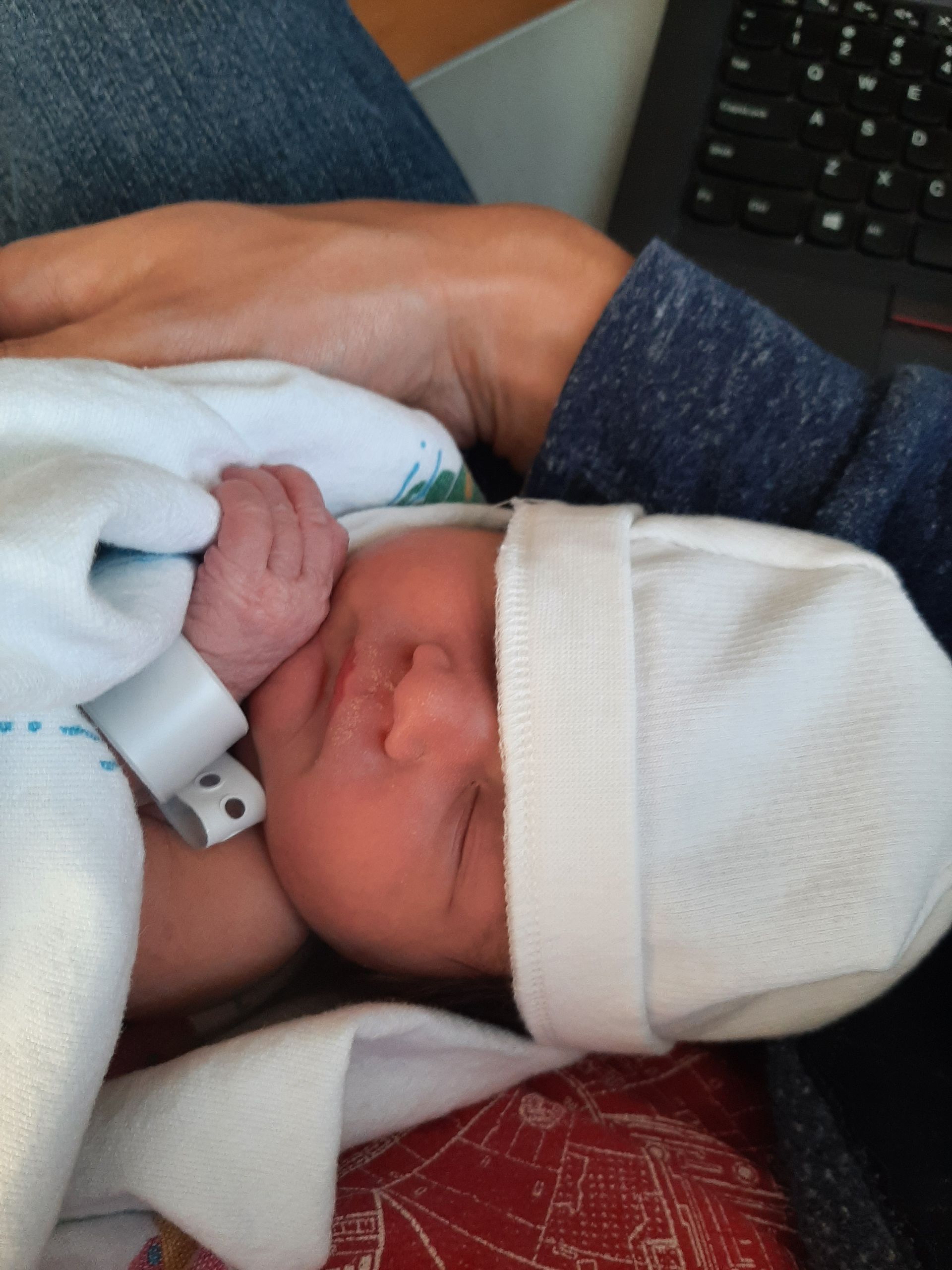Reply Blog & News
News, Insights and Reflections from the Reply Community

By Carolyn Plican
•
May 30, 2025
In anticipation of an announcement from the Trump administration regarding solutions for infertility, and in preparation for World Infertility Awareness Month in June, the International Institute for Restorative Reproductive Medicine (IIRRM) has issued a statement about the growing promise and prominence of restorative reproductive medicine (RRM).

By Patient Testimonial
•
May 24, 2025
Patients Erica and John found Reply following years of unexplained infertility and no results working with other specialists—“we just didn’t know there was anything else out there.” They followed the typical pattern of multiple underlying factors that could be identified and treated. With comprehensive RRM care they were able to conceive and gave birth to a healthy, beautiful baby girl. They emphasize that “if you can figure out ‘why,’ that’s half the battle.” Their testimonial below was recorded, transcribed, and edited for length.

By Deborah Colloton
•
May 24, 2025
In a first of its kind, a presidential chair in restorative reproductive medicine (RRM) has been established at the University of Utah Spencer Fox Eccles School of Medicine in Salt Lake City, Utah. This new academic chair, the “Joseph B. Stanford, M.D., and Kathleen B. Stanford Presidential Chair in Restorative Reproductive Medicine,” honors the pioneering work and commitment of Dr. and Mrs. Stanford to the RRM medical discipline.

By Deborah Colloton
•
May 24, 2025
A major milestone for restorative reproductive medicine has been achieved with the launch of the new medical journal, Journal of Restorative Reproductive Medicine (JRRM).
“Our vision is that JRRM will disseminate and promote evidence-based information to support and restore human fertility and reproductive health,” wrote editor-in-chief Dr. Joseph B. Stanford in a welcome commentary. The peer-reviewed, open-access journal is published by the International Institute for Restorative Reproductive Medicine (IIRRM), and will provide the opportunity to expand and deepen the knowledge base for restorative reproductive medicine (RRM).

By Samantha Ratcliffe, CNM, WHNP-BC
•
February 22, 2022
”Not until I found Reply, did I feel confident that I would ever have a child of my own.” Watch to learn how the Reply Fertility “Finding and Fixing” Program helped Pamela to address her PCOS, to conceive, and to have a happy and healthy pregnancy.

By Samantha Ratcliffe, CNM
•
October 21, 2020
In the case of breast cancer, there are some risk factors that cannot be changed such as your first period occurring before age 11, menopause arriving late, or the presence of particular genetic mutations. However, there are a number of breast cancer risk factors that you can control, many of which can be discussed at your preventative annual well-woman visit!








